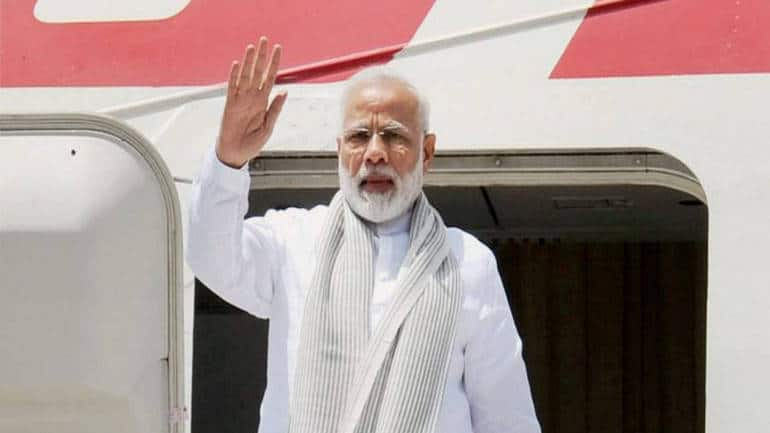
By Asad Khan 21 October 2022
During the last four decades, Afghanistan has remained a playground for superpowers to manifest their military prowess under the pretext of political and security agendas. Firstly, it was the Soviet Union, and then subsequently the US intervened in Afghanistan and turned it into a war-torn country. Both the superpowers, after spending many years and trillions of dollars in Afghanistan, left the country in Chaos, whose price had to be paid by the regional countries and particularly Pakistan.
In the aftermath of the fall of Kabul in August 2021, it became quite apparent that a major blow of problems from Afghanistan would come to Pakistan. The international community, particularly the US, had left the people of Afghanistan in chaos and a helpless state. Rather than an agreed and inclusive political settlement, the country was put at the mercy of the Taliban.
Pakistan has shown its reservations several times that the soil of Afghanistan must not be used by any state, which may not want peace in the region. Having such reservations, almost after a year, there has been observed a rise of terrorism not only in Afghanistan but its spillover in Pakistan has also been observed. In this regard, a significant rise in terrorism of almost 42 percent has been observed in the past year in Pakistan. There are reports, which show that terrorist organizations are active in Afghanistan. For instance, Tehrik-i-Taliban Pakistan (TTP), and Islamic State – Khorasan Province (ISKP) are involved in terrorist activities across the country with TTP taking the lead in such activities.
Just to recall, India was the first country to have closed its embassy in Kabul after the US’s hasty withdrawal last year. However, later realized that by doing this, it would be losing its significance in the Afghan equation. So, it has started developing its relations with the Taliban government and also offered military taring to them. Against this backdrop, it becomes more evident that India has been once again trying to become a relevant stakeholder vis-à-vis Afghanistan; aiming to play its role as a spoiler in the region. By still holding diplomatic recognition as a tool, India might ask the Afghan Taliban not to take hard steps against TTP and ISKP because it would serve the Indian interests in the region.
Along with this, India never wants to see Pakistan’s economy get stronger. However, Pakistan, in the broader regional interest, has termed CPEC as a game changer not only for Pakistan but in the larger interest of the region. Whereas, India has an agenda of sabotaging CPEC at every cost. This is further evident from the Indiana involvement in the attacks on Chinese diplomatic staff in Quetta, Chinese teachers in Karachi, and attacks on Chinese nationals working on various infrastructure projects in Pakistan in the past year. This shows that an anti-CPEC agenda, which is only in favour of India is at play under which India wants to fail CPEC and curtail its expansion towards Afghanistan. Whereas, Pakistan is planning to extend CEPEC to Afghanistan for the larger interest of the region. India’s anti-CPEC planning and its known enmity with China have raised a serious threat to the progression of CPEC in the region.
India has also offered the Taliban the training of their soldiers in India. This offer by India at a time when New Delhi has not yet recognized the Taliban government raises serious concerns regarding the likely Indian attempt at some covert operation to destabilize the region further. In this context, the recent formation of the TTP India chapter is significant, as it appears to be an Indian attempt to recruit personnel to carry out a terrorist attack in Pakistan. Also, the recent news and possibilities of IS Hind chapter which is possibly an extension of ISKP in India could be in the same line. Indian attempts to play with the peace in the region are a clear signal that it has been ‘Hindutvatized’ under the BJP rule.
With the establishment of IS Hind and TTI chapters, India would likely try to sympathize with the increase in violence in front of the international community. It would further plead its case of Kashmir in a way to justify its wrongdoing in IIOJK in the aftermath of the abrogation of articles 370 and 35A. It might try to convince the international community that the steps taken by India were to bring internal stability and achieve a peaceful region. However, in reality, India has been pursuing the agenda of becoming a hegemon in the region.
To conclude, against the backdrop of the Indian typical role of spoiler in the region, and now trying to use Afghanistan to fulfill its agenda, Pakistan needs to be vigilant of the larger Indian designs to destabilize Pakistan. This has to be dealt with as a looming threat to the long-desired peace in the region. Moreover, the International community needs to realize and rethink the vacuum, which it had left in Afghanistan. Now India is trying to exploit the situation by filling that vacuum. In this regard, the international community, rather than turning a blind eye, should recognize its responsibility to curtail India’s ambitions of becoming a hegemon in the region.
Asad Khan is an Islamabad-based security analyst and M.Phil. Scholar at the National Defence University, (NDU) Islamabad, Pakistan.
